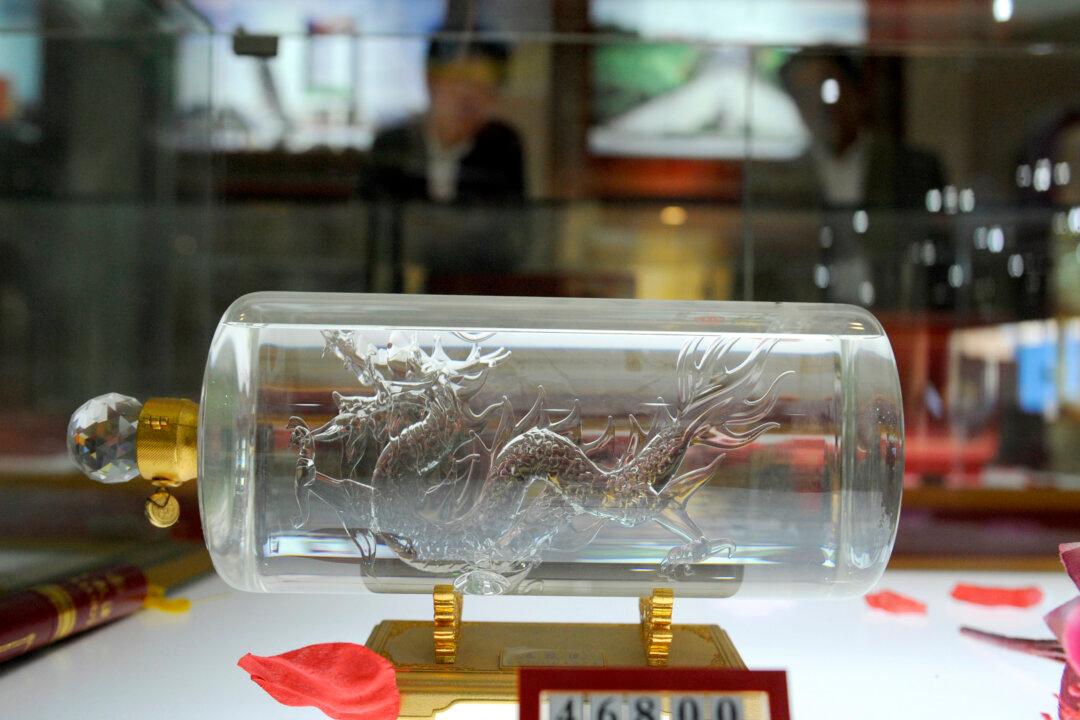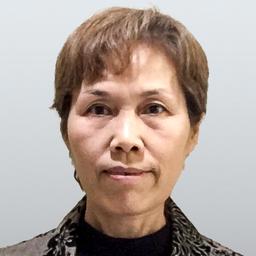Recently, Qinghai Spring, China’s famously pricey liquor company, said it had hired two American Nobel Prize winners as co-chief scientists.
Qinghai Spring announced on July 14 that, during a three-year term, the scientists will not only be responsible for the company’s scientific research, talent training, recommendation and introduction of high-level talent, but will also attend company-related PR activities to promote the company’s image.





